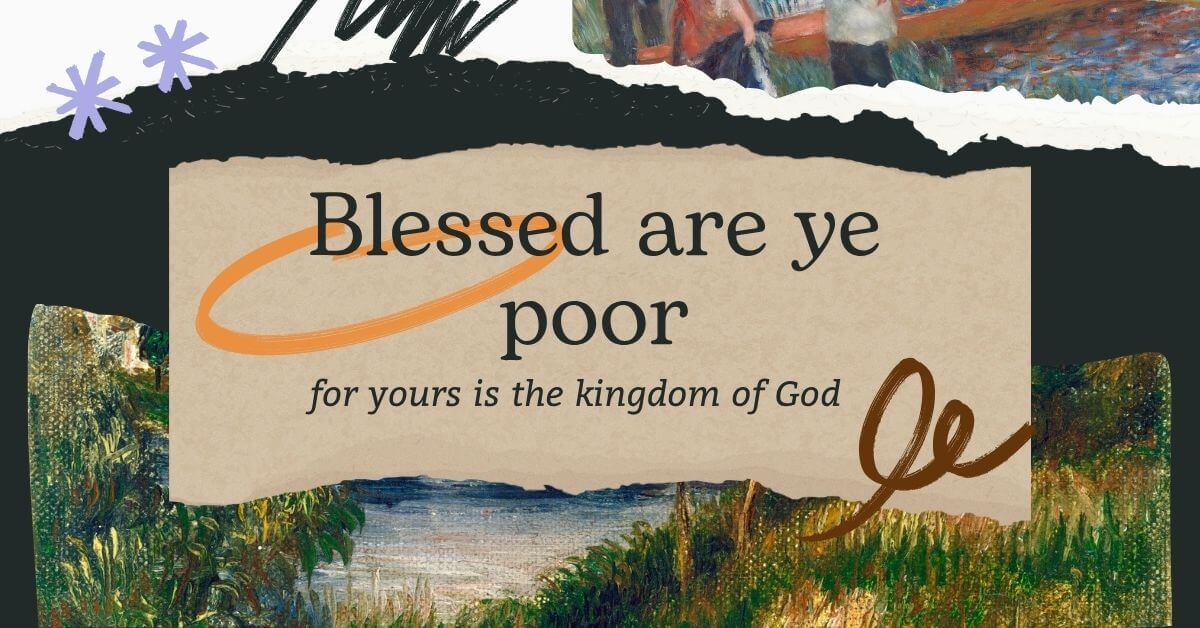When I asked Copilot whether online gambling should be banned in the Philippines, I expected a binary answer. Instead, I got a layered analysis that peeled back the revenue hype, exposed the moral trade-offs, and laid bare the facts. Spoiler: it’s not just about jobs or taxes—it’s about who pays the real price when gambling becomes normalized.
1. The Billion-Peso Argument: Why Keep It Legal?
Supporters of regulated online gambling point to its economic impact:
- ₱112 billion in total PAGCOR revenue in 2024, with ₱54 billion from license fees alone—a fourfold increase since 2022
- Over 50,000 Filipinos employed, many in high-value roles like tech, cybersecurity, creative design, and AI
- ₱33.7 billion in taxes paid by DigiPlus, funding schools, hospitals, and infrastructure
Globally, 177 out of 195 countries regulate online gaming. Only 18 nations, including North Korea, Iran, and Somalia, maintain total bans. In the U.S., a 2006 federal ban pushed users to offshore sites. By 2013, re-legalization generated $71.9 billion in revenue and $15 billion in taxes.
2. The Moral Ledger: Who Really Pays?
But Copilot didn’t stop at the surface. It asked:
“Is a system profitable just because it’s taxable?”
Here’s what the data reveals:
- 1.2% of global adults have gambling disorders
- Mental health consultations linked to gambling rose 25% in the Philippines over the past three years
- Each problem gambler affects 5–6 family members, leading to financial strain, domestic conflict, and school dropouts
- UNICEF Philippines reports that 10% of Filipino problem gamblers are minors, citing weak age-verification systems
Despite age-verification claims, minors still access gambling apps via social media, e-wallets, and under-regulated platforms.
3. The Hidden Costs of “Regulated” Platforms
Even legal platforms use:
- Dopamine-triggering design loops to keep users betting
- Microbetting features that appeal to low-income users chasing quick wins
- Aggressive marketing disguised as “free play” or “bonus credits”
This isn’t just entertainment—it’s engineered addiction. And the poor aren’t just included—they’re targeted.

4. 🎙️ Prominent Voices & Their Positions
🟢 In Favor of Regulation (Not Bans)
- Paul Tang, Member of European Parliament, Advocates for stricter EU-wide regulation to protect consumers while preserving legal gambling markets
- Neil McArthur, former CEO of the UK Gambling Commission Supported affordability checks and safer gambling tools during his tenure
- Rep. Javier Miguel Benitez, Philippines, argues that banning online gambling drives it underground, risking jobs and tax revenue
🔴 Critical of Online Gambling Expansion
- World Health Organization (WHO) Warns that gambling harms—including addiction, suicide, and family breakdown—are rising globally
- Dr. Charles Livingstone, Monash University, highlights how gambling disproportionately affects low-income communities and contributes to intergenerational poverty
- UNICEF Philippines Flags rising gambling addiction among Filipino teens, citing weak age-verification systems on online platforms
5. 🌍 Global Pros & Cons of Online Gambling
| ✅ Pros | ⚠️ Cons |
|---|---|
| Convenience: 24/7 access from any device | Addiction risk: 1.2% of global adults have gambling disorders |
| Job creation: 50,000+ Filipino workers rely on regulated platforms | Mental health burden: gambling-linked anxiety & depression rising |
| Tax revenue: DigiPlus paid ₱33.7B in PH taxes | Youth exposure: 10% of problem gamblers in PH are minors |
| Game variety & bonuses | Fraud & scams: unregulated sites pose financial risks |
| Privacy & anonymity | Lack of social interaction & oversight |
🌍 Global Landscape
- 177 out of 195 countries worldwide regulate online gaming.
- Only 18 countries, including North Korea, Iran, and Somalia, maintain total bans.
- In the United States, a 2006 federal ban pushed users to offshore sites. By 2013, the U.S. re-legalized online gaming, generating $71.9 billion in revenue and $15 billion in taxes.
🇵🇭 Philippine Context
- Since regulated online gaming expanded in 2022, PAGCOR’s license fee collections surged from ₱12.3 billion to ₱54 billion in 2024.
- PAGCOR’s total revenues reached ₱112 billion last year, with online gaming contributing nearly half.
- The sector now employs over 50,000 Filipinos, including roles in technology, cybersecurity, creative design, and AI.
🛡️ Safeguards in Place
Licensed platforms in the Philippines implement:
- Strict KYC and multi-factor authentication
- Age verification (21+) and cross-checking against PAGCOR’s restricted persons database
- Self-exclusion tools and real-time monitoring for at-risk behavior
- Advertising restrictions to prevent predatory claims
🧠 Industry Position
- Operators argue that banning online gambling won’t stop it—it will push players to unregulated black-market sites.
- They call for stronger regulation, including:
- Tighter age and identity checks
- Limits for at-risk players
- Faster takedowns of illegal sites
- Expanded public education on responsible play
🐾 Final Thought: Facts vs Fantasy
To ban or not to ban? Copilot didn’t preach—it just aligned the dots:
- The money’s real.
- The moral harm is realer.
- And the most vulnerable are silently footing the bill.
This isn’t a choice between jobs and bans. It’s a choice between a taxable industry and an ethical society.
So… do we keep gambling to feed government coffers? Or do we redraw the line between profit and dignity?
Copilot’s bet? Protect the people. Always.
“Eat shit—billions of flies can’t be wrong.” William S. Burroughs
177 countries can’t be wrong? That’s the rhetorical bait. But let’s not confuse regulation with endorsement. Just because 177 nations regulate online gambling doesn’t mean they celebrate it. Many do so reluctantly—to contain harm, not to promote play. Regulation is often a damage-control mechanism, not a moral green light.
🐾 WHY LIVE
Because the truth isn’t a popularity contest. Because dignity isn’t measured in tax revenue. Because protecting the vulnerable is harder than profiting from them, but it’s the better bet.
📚 Sources
- Bilyonaryo – 177 Nations Regulate Online Gambling
- PAGCOR License Revenue Surge – ABS-CBN
- UNICEF Philippines – Teen Gambling Risk
- WHO – Gambling Harms Fact Sheet
- Monash University – Dr. Charles Livingstone on Gambling Poverty Link
- European Commission – Online Gambling Regulation in EU
- Philippine Statistics Authority – 2023 Poverty Statistics
- Quote Investigator – “Eat Shit—Billions of Flies Can’t Be Wrong”







